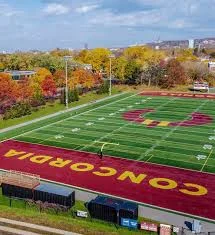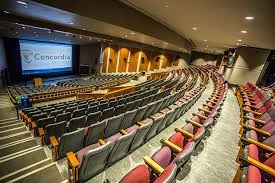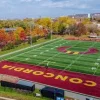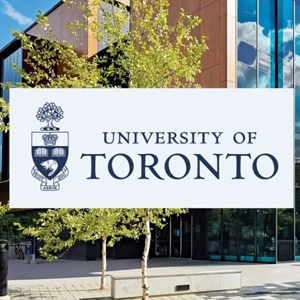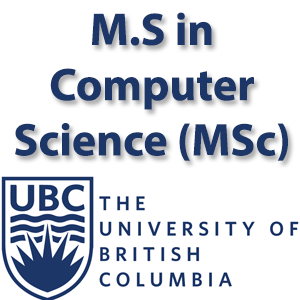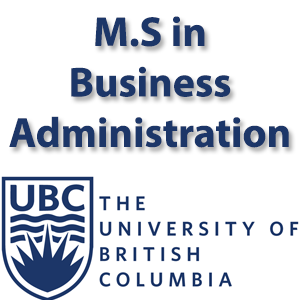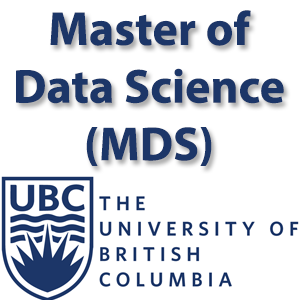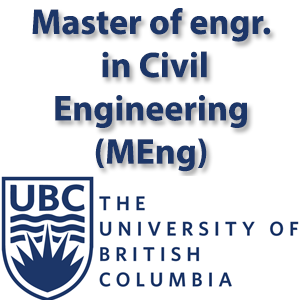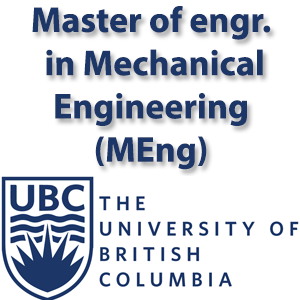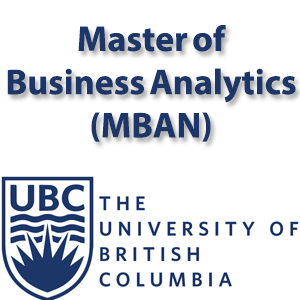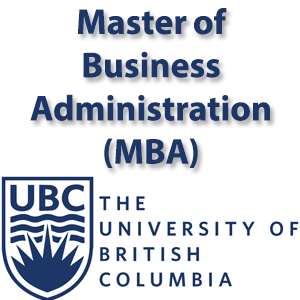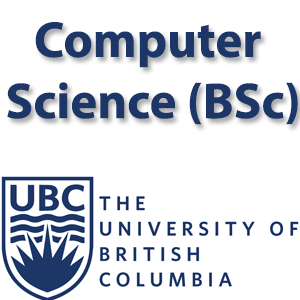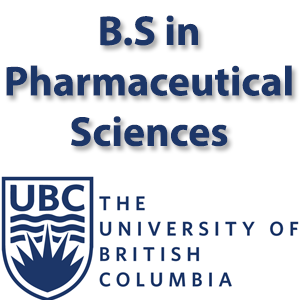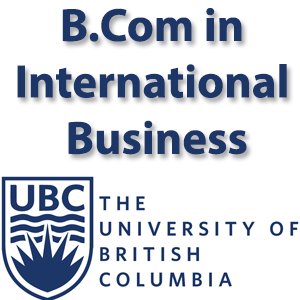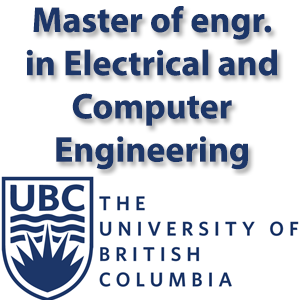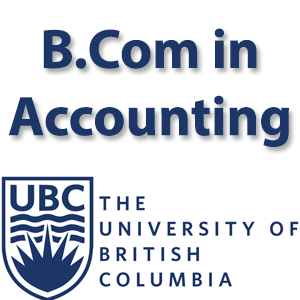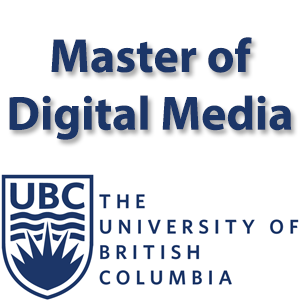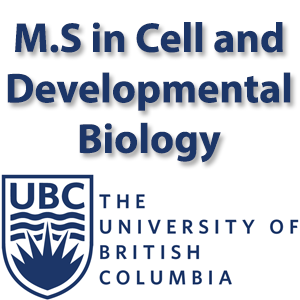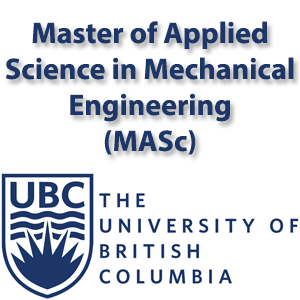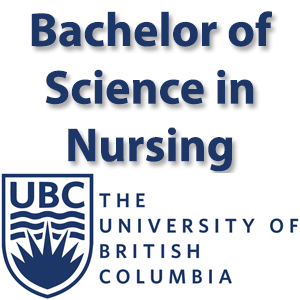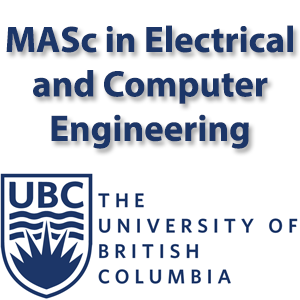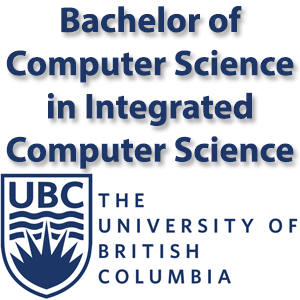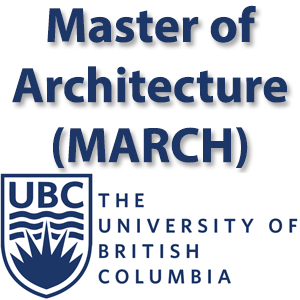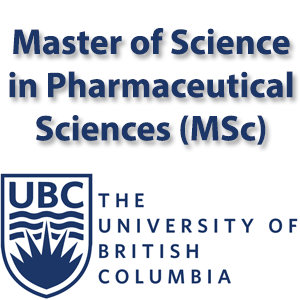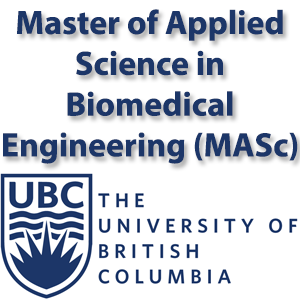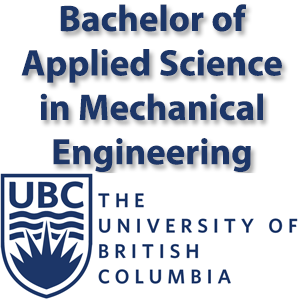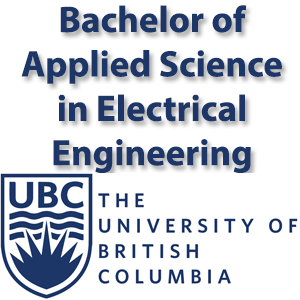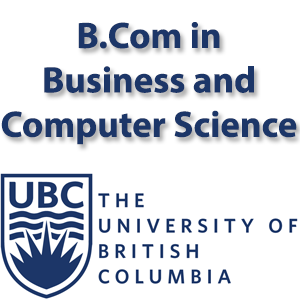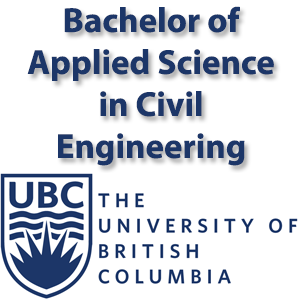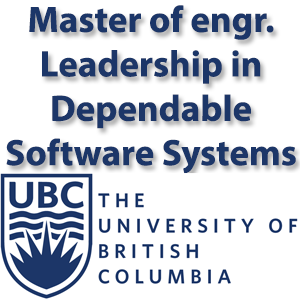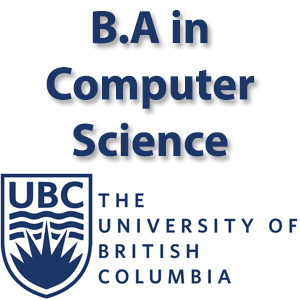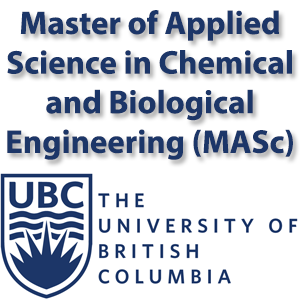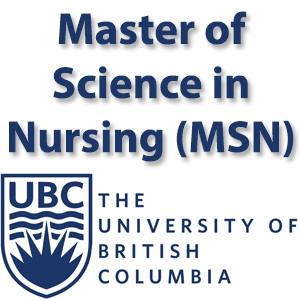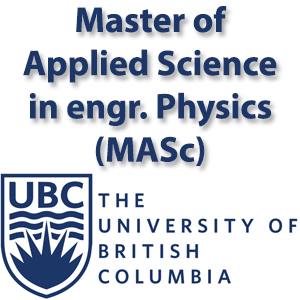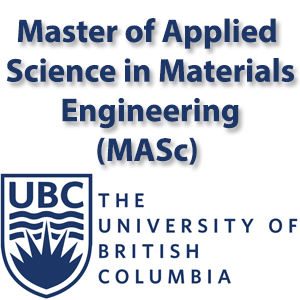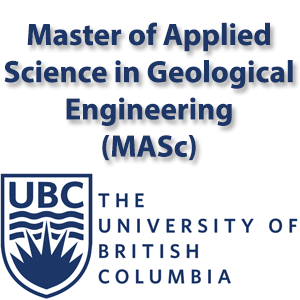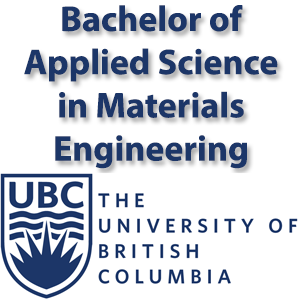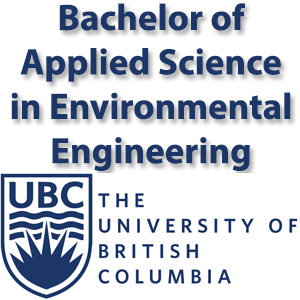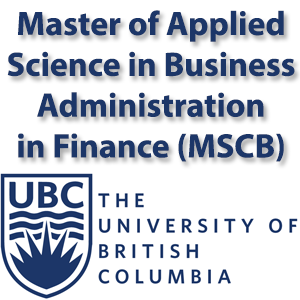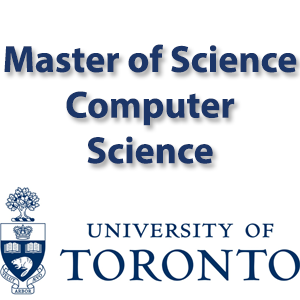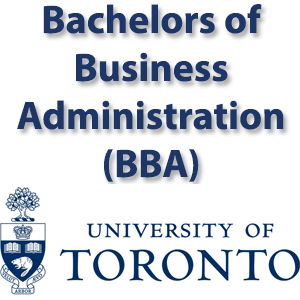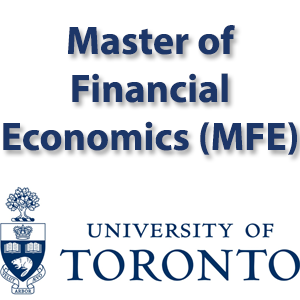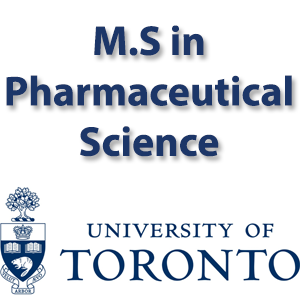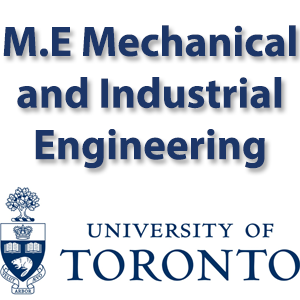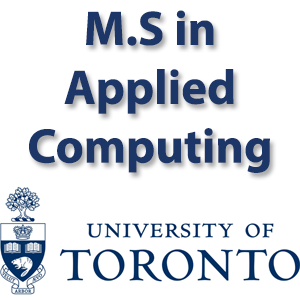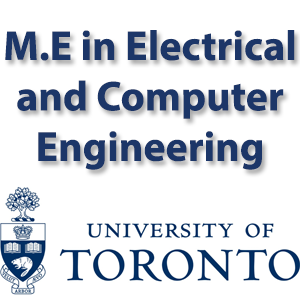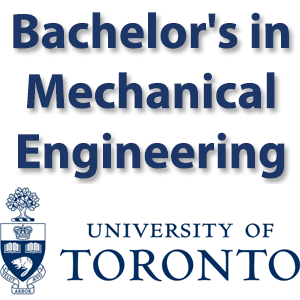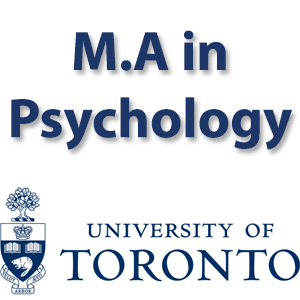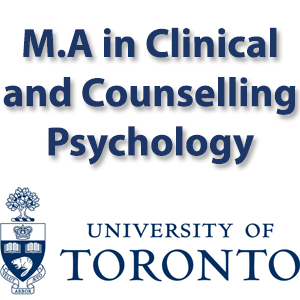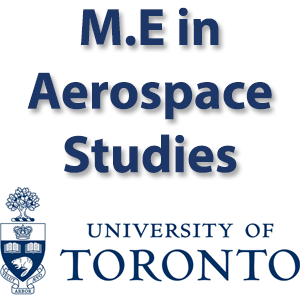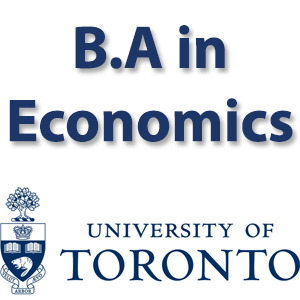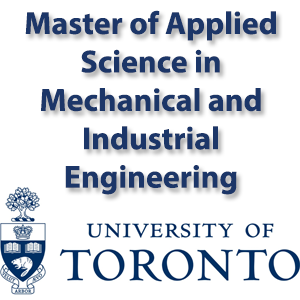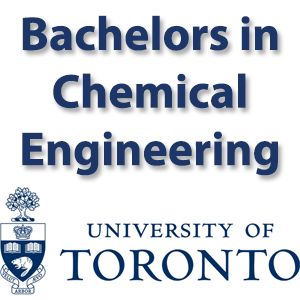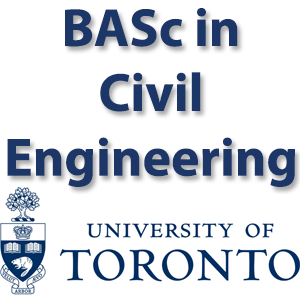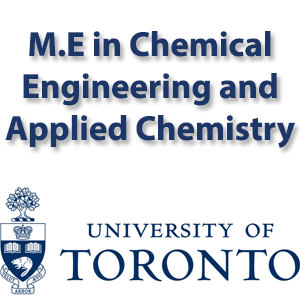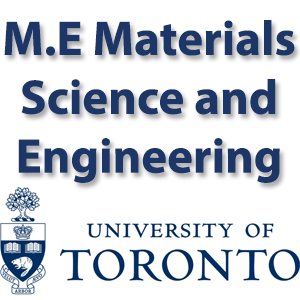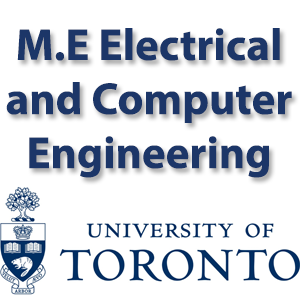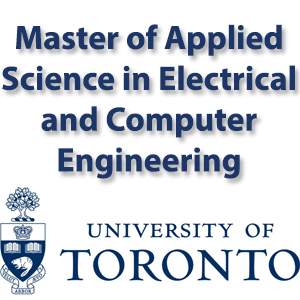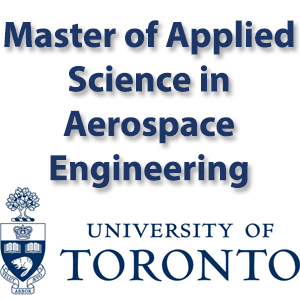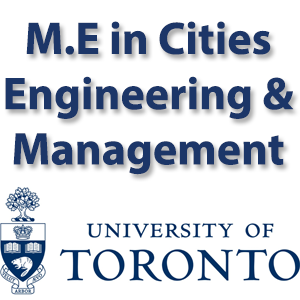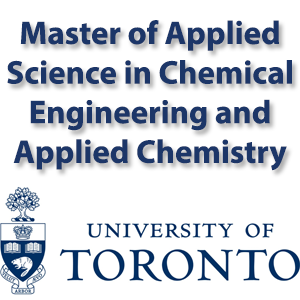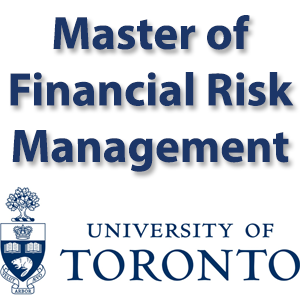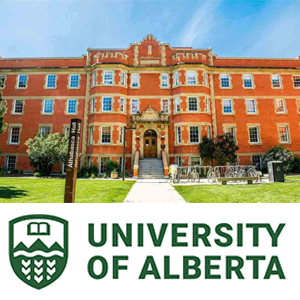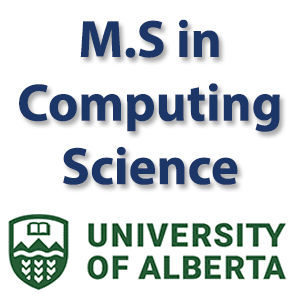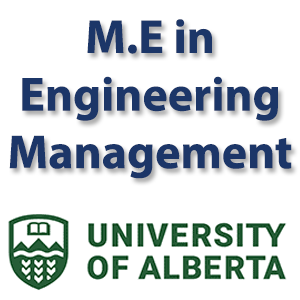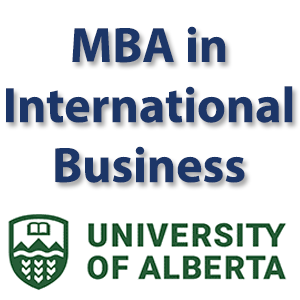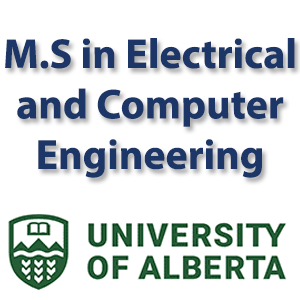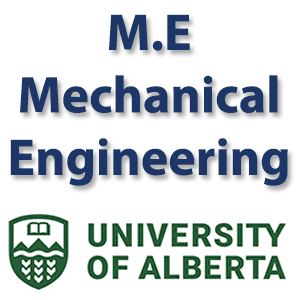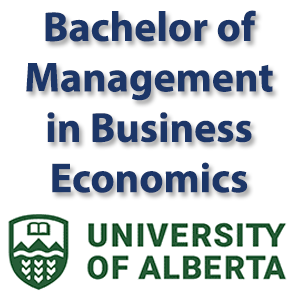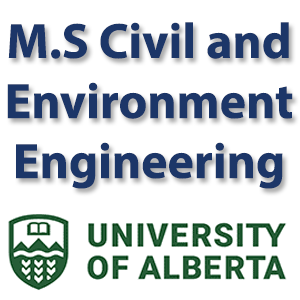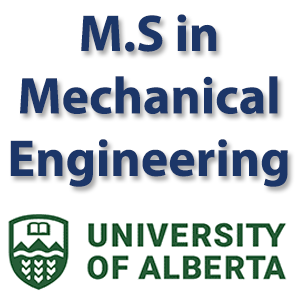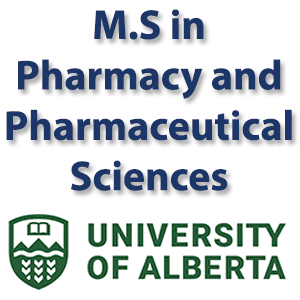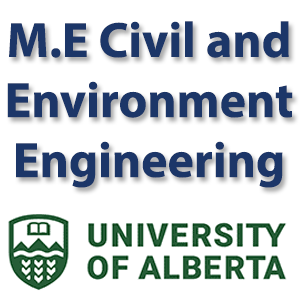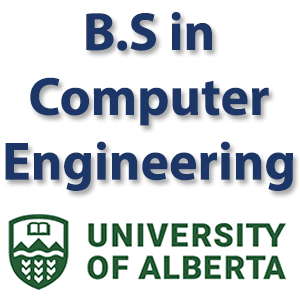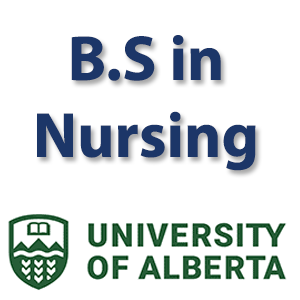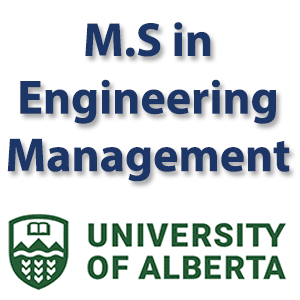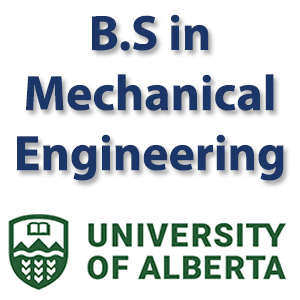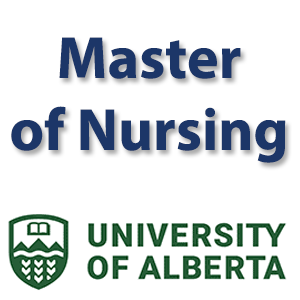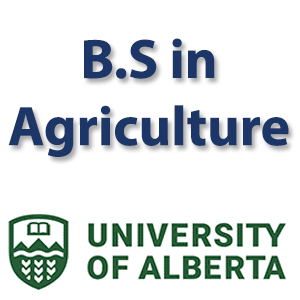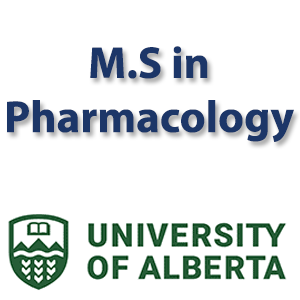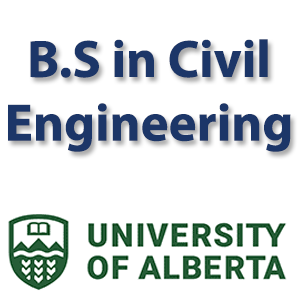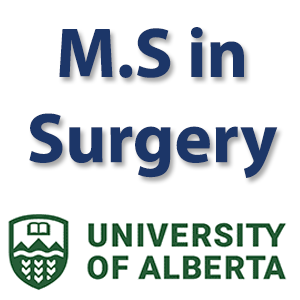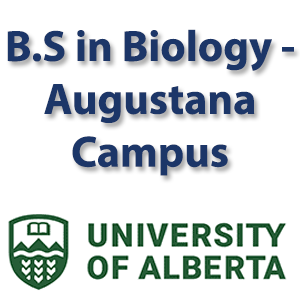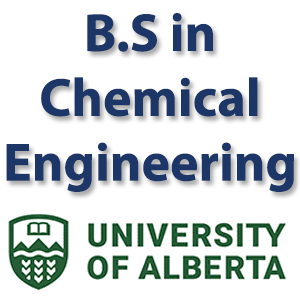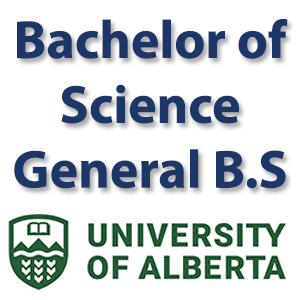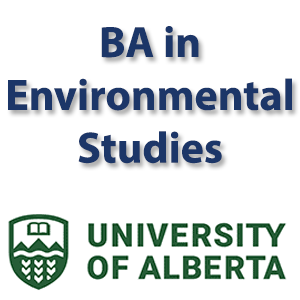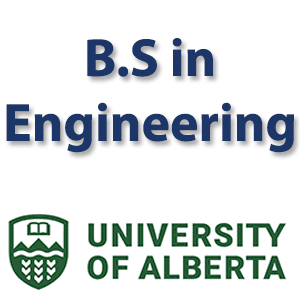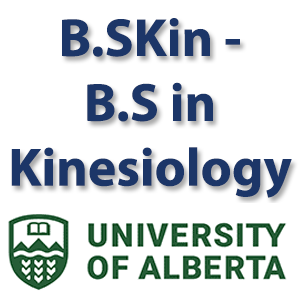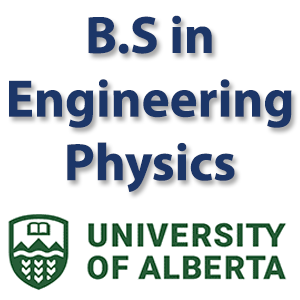U.S. AND INTERNATIONAL STUDENTS
Concordia welcomes applicants from all over the world.
Programs and courses
Concordia provides a wide range of innovative programs and courses that offer a unique and rewarding educational experience. Concordia boasts small classes, accessible and award-winning professors, and an affordable education.
How the world sees Montreal
Check the requirements
Follow the steps below to prepare your application to Concordia:
1. Check minimum admission requirements
The minimum admission requirements depend on your academic background:
Already a Concordia student? – Internal degree transfer
Or, the minimum admission requirements could depend on your situation:
2. Check program-specific requirements
Some programs require you to provide additional documents specific to the department to which you are applying. It is your responsibility to verify if your program has additional requirements (e.g., letters of intent, portfolios, interviews, auditions and specific deadlines).
3. Check language requirements
Determine if you must include proof of English proficiency with your application.
Check our English language proficiency requirements.
Your deadline to submit proof of English proficiency
Please keep in mind that we cannot move forward with your file until we receive your English proficiency test scores. If we are missing your test scores, we will send you a letter requesting the scores.
Normally, you will have three weeks to upload a copy of your results from that point. If you are unable to meet that deadline, but you are scheduled to take an English proficiency test, please upload a copy of your scheduled or planned test date. This test date should not be more than three weeks from the original deadline given to you.
Administration & governance
Concordia University is led by its president, provost and vice-presidents. The administration is overseen by the Board of Governors and its highest academic body, the Senate.
University Governance
The Board of Governors and the Senate manage our university affairs and academic integrity. The President and Vice-Chancellor and the senior leadership team ensure the transparency and accountability of the university administration.
In accordance with the Charter of Concordia University, the university’s highest governing body is the Board of Governors, which has final authority over the affairs of the university.
As set out in the By-Laws of Concordia University, the university’s highest academic governing body is Senate, which derives its authority from the Board of Governors.
The Board and Senate Administration supports the work of the Board of Governors, Senate and their respective standing committees.
Policies adopted by Senate or the Board of Governors, as well as other university-wide policies, are posted on the Official Policies pages.
To learn more about Concordia, download our latest publications and reports or subscribe to our e-Newsletters on our Publications and reports page.
Rankings
The university and its programs rank among the best in Canada and around the world in various international rankings.
The highlights
- #1 university under 50 years in North America — 2024 THE Young University Rankings
- #40 in world, Reduced Inequalities — 2023 THE Impact Rankings
- #2 in Canada, EMBA — CEO Magazine
- #1 in Canada, Software Engineering research — CSRankings
- #2 in Canada, top 150 in world, Art & Design — 2024 QS World University Rankings by Subject
- #4 in Canada, Comprehensive, Social Sciences and Humanities Research Council of Canada grants — 2023 Maclean’s University Rankings
- #1 in Canada, top 38 in world, Civil Engineering — 2024 Shanghai Ranking
- #3 in Canada, top 100 in world, Communication & Media Studies — 2024 QS World University Rankings by Subject
- Top 100 in the world, sustainability — 2024 QS World University Rankings: Sustainability
Concordia’s history
The ideals of the university’s founding institutions continue until today.
Located in the vibrant and multicultural City of Montreal, Concordia University places among the top-ranked universities worldwide founded within the last 50 years and among the largest urban universities in Canada.
This is our story
While Concordia’s next-generation thinking allows it to constantly look forward, its roots are firmly planted in two distinctive institutions of higher education, both with illustrious histories. The university was officially founded on August 24, 1974, following the merger of Loyola College and Sir George Williams University.
Concordia adopted its name from Montreal’s motto, Concordia salus, which means “well-being through harmony.”
Founding institutions
The university’s core values, including a commitment to contributing to improving individuals and society, stem from those long prized by Loyola and Sir George Williams.
Loyola College
Loyola College grew out of the English-language program of Collège Sainte-Marie, a Jesuit college founded in 1848. Loyola College became a separate institution in 1896. Loyola was first located in downtown Montreal before it relocated to land it acquired in 1900 in the city’s west end. The college moved into the three original buildings on the current Loyola Campus in 1916.
Sir George Williams University
Sir George Williams University originated in the evening classes offered by a YMCA Educational Program that began in 1851 and continued in various YMCA facilities in downtown Montreal. The program became a co-educational college in 1926, introducing university-level courses in 1929. Sir George Williams conferred its first university degrees in 1936 and earned its university charter — under which Concordia currently grants degrees — in 1948.
Visit Records Management and Archives to read more of the history of Concordia, Loyola and Sir George Williams.
Steady growth
Throughout its history, Concordia has experienced steady and impressive growth in enrolment, number of faculty and staff, and research.
By the 2023-24 academic year, student enrolment stood at 49,714, more than double the number at Concordia’s founding.
Concordia has received more than $35 million in Canada Foundation for Innovation funding since the Government of Canada created the program in 1997 to support Canadian research infrastructure.
In 2000, the Canadian government initiated the Canada Research Chair Program to establish 2,000 research professorships across the country. In 2004, Concordia had three Canada Research Chairs; by 2020, that number jumped to 28.
In 2019, Concordia welcomed Ursula Eicker as the Canada Excellence Research Chair (CERC) in Smart, Sustainable and Resilient Communities and Cities. Eicker was the university’s first hire through CERC, which awards up to $10 million over seven years to establish ambitious research programs.
In 2022, the university launched the Applied AI Institute to advance interdisciplinary AI research and partnerships in fields like health care, cybersecurity and smart cities. The institute collaborates with industry and government to provide real-world solutions and specialized training programs, with an overarching focus on the ethical integration of applied AI technologies.
2023 was an especially noteworthy year for Concordia which included:
- The launch of PLAN/NET ZERØ, an initiative aimed at achieving carbon neutrality by 2040 by transforming the university’s campuses into living labs for green energy and sustainability, while creating scalable solutions that can serve as a model for cities worldwide.
- The launch of Concordia’s School of Health, an institution that unites faculty members at the intersection of disciplines to collaborate on a range of health-related approaches. The school engages citizens, community groups, policymakers and other stakeholders to further health research while expanding training capabilities.
- Receiving a $123 million grant from the federal government’s Canada First Research Excellence Fund to advance electrification and decarbonization research across academia, industry and Indigenous groups, while creating resilient and sustainable climate solutions for communities in Canada and beyond. Concordia’s electrification research program, called Volt-Age, brings together more than 140 researchers to address the technological challenges of electrification, as well as policy and development requirements.
- Led by Karim Zaguib, Volt-Age is forging solutions to electrify society and decarbonize communities through applied research that integrates technologies for carbon-neutral buildings, advanced energy storage, smart grids, and the electrification of transportation.
Discover what Concordians achieved first in Montreal, Quebec, Canada and the world.
Funding for visiting international students
The Government of Canada offers several scholarship programs available to international students who are not enrolled in a Concordia degree program (non-degree). Funded by EduCanada, these scholarships are open to short-term undergraduate and graduate students from abroad who wish to undertake research or course-oriented exchanges at a Canadian institution. The goal of these scholarships is to help foster understanding among people, develop global citizens, nurture leaders and contribute to the development of nations.
How it works
These scholarships are offered by the government of Canada to students and researchers from partner and non-partner institutions who wish to engage in short-term studies or research at Concordia University. These scholarships are competitive and students must submit their application documents to Concordia, who will apply on behalf of the applicant.
Concordia undergraduate students seeking scholarships or funding can consult the Scholarships & funding webpage. Concordia graduate students seeking funding for their Concordia degree should consult the Finance your studies.
Erasmus+ Fraud Alert
It has come to our attention that fraudulent letters claiming to be from Erasmus+ Canada have been circulating within the Concordia community. These letters, which target international students, claim students are eligible to receive a bursary of $200 per month. These emails are being sent from the following fraudulent email accounts:
Be cautious when receiving any emails inviting you to apply for scholarships or bursaries; before giving out any personal information verify that the information comes from a trusted source. Things to keep in mind:
- Be careful with domain names, all Concordia communications end with the domain name concordia.ca.
- Official Concordia scholarships and bursaries can be found on the Concordia scholarship and funding page.
- When applying for admission to Concordia, make your own application online on Concordia’s Future Students webpage.
- Never accept admission or scholarship application forms sent to you via email, always consult the information and download documents directly from official websites.




